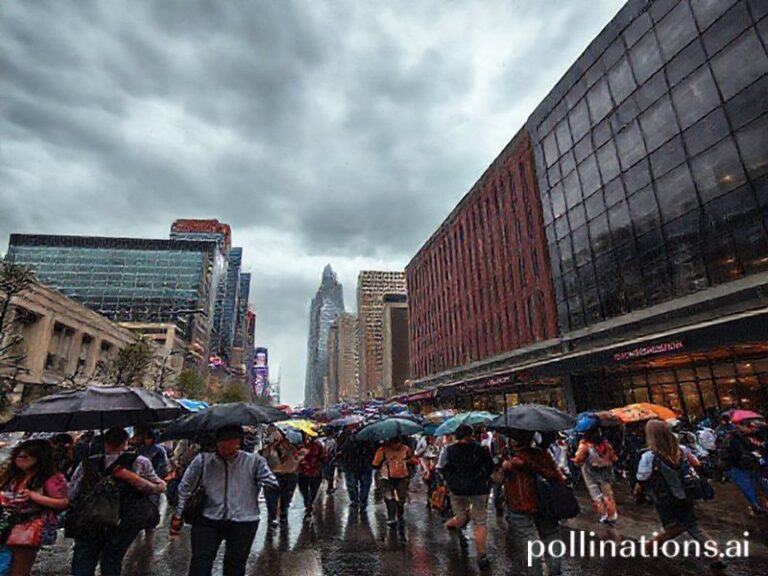Lunar Land Grab: Inside Yue Yuan, the Moon’s First Extraterrestrial Suburb and Global Vanity Project
The Moon Isn’t Enough: How China’s Yue Yuan Became the World’s Newest Real-Estate Bubble—But 384,400 km Up
Bylines from Beijing, Brussels, and the dark side of human optimism
The announcement arrived on a Tuesday, tucked between a crypto-coin crash and a TikTok ban, which is how history now delivers its punchlines. China’s Yue Yuan (“Moon Garden”) project—an audacious plan to ferry lunar soil, helium-3, and probably a few lonely billionaires back to Earth—was formally registered as a Special Economic Zone on the Sea of Tranquility. Global markets responded the way they always do when a new frontier appears: by pretending they always knew it was inevitable and frantically Googling “how to buy moon deeds” from their parents’ basements.
On paper, Yue Yuan is a mining co-op with a side hustle in habitation pods. In practice, it’s the first extraterritorial gated community that can’t be reached by Uber—yet. The Chinese National Space Administration (CNSA) insists the project is purely scientific. That’s adorable. Every government since Sputnik has claimed its rockets were just “weather satellites” until someone spots the ballistic missile tucked between the solar panels. Still, the international community nodded politely because, honestly, who among us has the moral high ground anymore?
The West, ever the gracious loser, immediately pivoted to branding. NASA’s Artemis Accords—think NATO with more craters—were hastily re-drafted to include “equitable sharing of lunar resources,” a phrase so euphemistically hollow it could host its own TED Talk. Meanwhile, Luxembourg, the planet’s premier mailbox for asteroid-mining shell companies, offered tax breaks to any Yue Yuan subsidiary willing to list its post code somewhere between the Earth and the Moon. Nothing says “global cooperation” like competing tax havens in orbit.
Europe, allergic to being left out, floated the idea of a “Lunar Schengen Zone,” presumably so future astronauts can queue for espresso in zero gravity. The European Space Agency even commissioned a study on the carbon footprint of shipping brie to a vacuum. Results are pending, but insiders say the cheese will arrive pre-aged by cosmic rays, giving new meaning to the term “space-aged Gouda.”
Down on Earth, the geopolitical ripple effects are already lapping at our ankles. African telecoms giants—who perfected leapfrogging over copper wires straight to mobile money—are negotiating bandwidth rights for lunar 5G, because nothing screams “digital divide” like buffering Netflix on the Sea of Serenity. India’s ISRO, still riding high from its 2023 Chandrayaan triumph, has offered to supply Yue Yuan with yoga instructors and turmeric lattes, a soft-power play so on-brand it hurts.
Of course, no frontier is complete without the private sector’s finest opportunists. Elon Musk tweeted—then deleted—plans for a Dogecoin-funded tunnel from Shackleton Crater to the dark side, presumably so Teslas can finally drive somewhere without traffic. Jeff Bezos countered with Blue Origin’s promise of “premium crater-view condos,” complete with two-day shipping, assuming you’re patient enough to wait for a Hohmann transfer window. Somewhere in Palo Alto, a start-up is pitching “Lunar WeWork pods” with artisanal regolith desks and kombucha on tap. Seed round closes next week; valuation already exceeds the GDP of Uruguay.
The environmental lobby, bless their carbon-neutral hearts, warns that strip-mining the Moon could destabilize tides, werewolf cycles, and Instagram poetry. They’re drafting an open letter to the UN, which will be duly filed next to the one about banning killer robots and the other one about saving the bees. Meanwhile, climate refugees from sinking Pacific islands watch the spectacle unfold and wonder if lunar citizenship comes with a no-return clause. Hope, it appears, now requires a SpaceX frequent-flyer card.
And yet, amid the absurdities, a sliver of genuine awe persists. Yue Yuan may be wrapped in the usual flags, filings, and financing rounds, but it still represents the first time since Apollo that humans collectively looked up and thought: “Maybe we won’t just trash this rock and die here.” Granted, we’ll probably trash the next rock too, but at least we’ll be consistent.
Conclusion: History’s grand joke is that every time we reach for the stars, we pack the same baggage: greed, glory, and an overpriced gift shop. Yue Yuan is simply the latest baggage carousel, orbiting 384,400 km above the mess we’ve made down here. Whether it becomes a mining colony, a tax shelter, or the universe’s most expensive Airbnb, one thing is certain: the view will be stunning, and the Wi-Fi will still buffer. In the end, the Moon doesn’t care who plants a flag—it’s had 4.5 billion years of practice watching empires turn to dust. We, on the other hand, still think a deed printed on Earth is worth something in a vacuum. There’s optimism for you, packaged with a side of cosmic irony.







